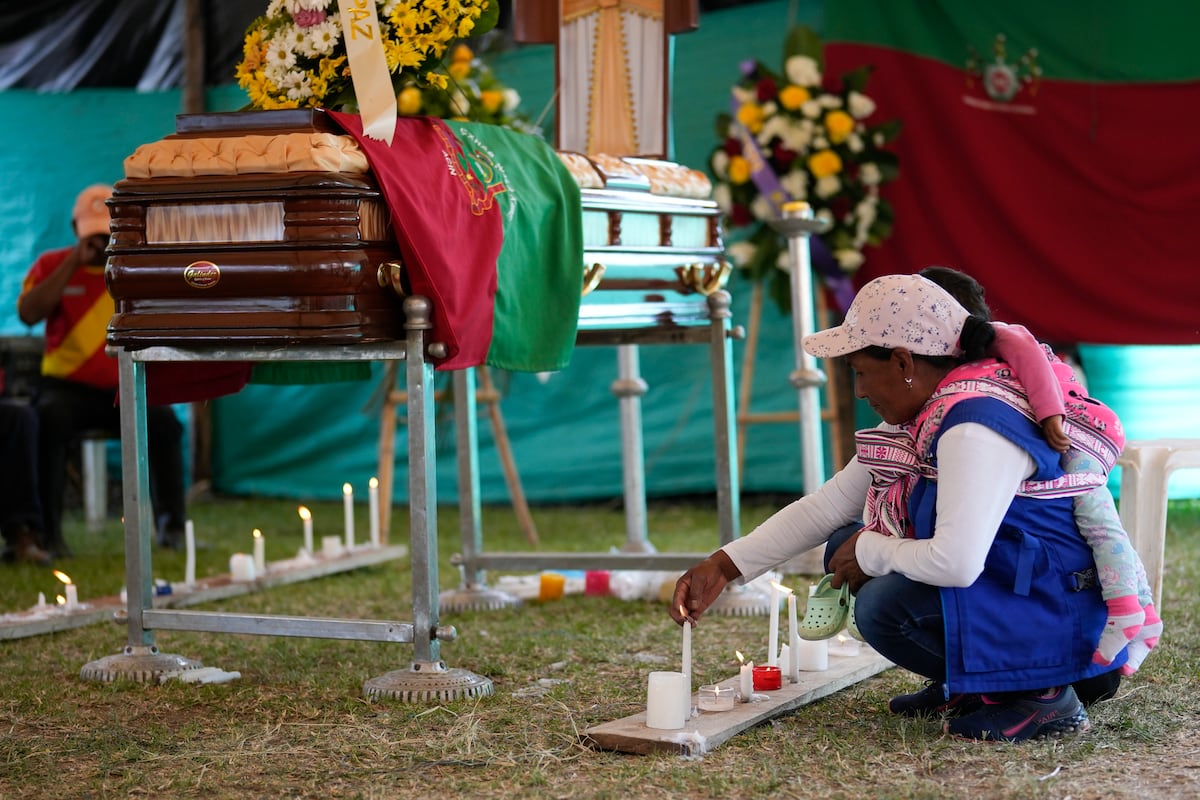
"Carmelina Yule Pavi, 62, wanted to prevent children from Cauca from being recruited by illegal armed groups in Colombia. Felipe Xo Quib was a Guatemalan father and fisherman who opposed massive mining projects in the country due to the lack of prior consultation with the Q'eqchi' people. Marcos Sanchez Perea tried to protect the forests of Puebla, Mexico, from the San Andres Hueyacatitla Ejidal Commissariat. All were murdered to leave their work unfinished. To serve as a warning to those who would take up the mantle."
"In 2024, at least 146 social and environmental leaders from around the world were disappeared or murdered. Four out of five of them (120) were Latin American activists, according to the latest Global Witness report. For the third consecutive year, Colombia was the country with the highest number of homicides. And Guatemala the nation in the world with the highest figures per capita."
"Rachel Cox, senior campaign advisor at Global Witness, lamented in a statement that leaders are treated like a nuisance. In a context dominated by rampant resource use, growing pressures on the environment, and the shrinking opportunity to limit global warming, those defending the environment and the land are treated as if they were a real nuisance, rather than canaries in a coal mine about to explode, she stated."
Multiple social and environmental leaders in Latin America were murdered for protecting land, communities, and the environment, including cases in Colombia, Guatemala, and Mexico. In 2024, at least 146 social and environmental leaders worldwide were disappeared or murdered, with 120 (four out of five) being Latin American activists. Colombia recorded the highest number of homicides for the third consecutive year, while Guatemala had the highest per-capita figures. Between 2012 and 2024, killings of such leaders totaled 2,253—about one every two days—with 1,619 (72%) occurring in Latin America and the Caribbean. Growing resource pressures and shrinking climate action opportunities increase risks to defenders.
#environmental-defenders #violence-against-activists #latin-america--caribbean #land-and-resource-conflicts
Read at english.elpais.com
Unable to calculate read time
Collection
[
|
...
]